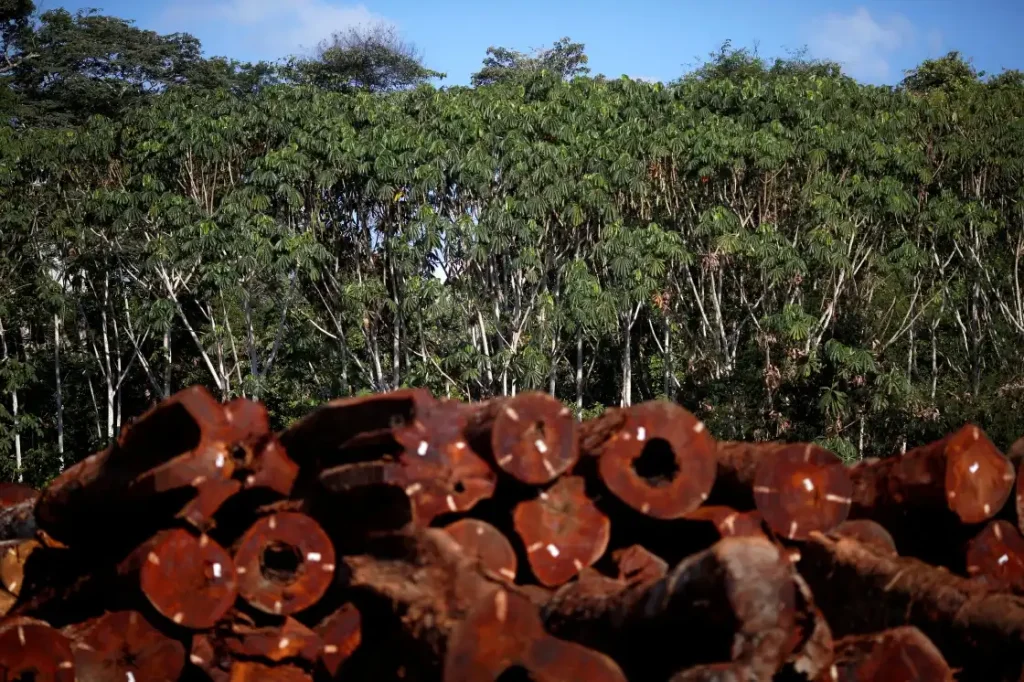Environmental groups are calling on wealthy nations to commit $60 billion per year to help poorer countries protect nature and reverse biodiversity loss. The appeal, made by organizations including the World Wide Fund for Nature (WWF) and the International Union for Conservation of Nature (IUCN), came during a United Nations environmental meeting in Nairobi, underscoring the urgency of global action as ecosystems face unprecedented threats.
The funding would help close the biodiversity finance gap, currently estimated at $844 billion annually. Much of the destruction, the coalition says, is linked to consumption in richer nations, where demand for imported goods like palm oil and soybeans drives environmental degradation abroad. “Wealthy nations are driving much of the loss of nature in developing countries through imported goods and have a responsibility to address this impact,” said Brian O’Donnell, Director of Campaign for Nature.
Why the $60 Billion is Critical
The proposed commitment far exceeds the additional $10 billion per year outlined in the current draft of the Global Biodiversity Framework, which will be discussed at the upcoming COP15 summit in Kunming, China. Environmental groups stress that this funding is not a handout but a strategic investment that would safeguard clean water, food security, and natural carbon storage systems.
“It is feasible. It requires political will to make it happen,” said Marco Lambertini, WWF’s Director General, adding that the benefits are both ecological and economic.
Biodiversity and Climate: A Shared Crisis
A recent UN report highlights the link between biodiversity and climate stability, showing that healthy ecosystems absorb carbon emissions, provide clean air, and support food systems. Patricia Zurita, CEO of BirdLife International, said, “Ending the biodiversity crisis is as important to the future of humanity as stopping climate change.”
However, wealthy nations’ track record raises concerns. Their 2009 pledge to provide $100 billion annually for climate action remains unmet. NGOs argue that redirecting harmful subsidies and taxing corporations that profit from biodiversity loss could help bridge the gap.
The Role of Consumption in Biodiversity Loss
Around 30% of global biodiversity threats come from international trade, particularly in commodities from developing countries. Deforestation in places like the Amazon, driven by demand for palm oil and soybeans, is a prime example.
The coalition—which includes Conservation International, The Nature Conservancy, and the Wildlife Conservation Society—calls for ending environmentally harmful investments, such as fossil fuel subsidies, and ensuring that financial flows align with nature-positive goals.
A Decisive Moment at COP15
As the COP15 negotiations approach, nations like the United States, European Union, Japan, and Canada face pressure to adopt the $60 billion annual target. Campaign for Nature’s O’Donnell pointed out that the world spends more on handbags and video games than the amount requested to protect nature.
With one million species at risk of extinction, the outcome of COP15 could determine the future of global biodiversity. A strong funding commitment could help reverse environmental decline while addressing the inequities caused by wealthy nations’ consumption.






